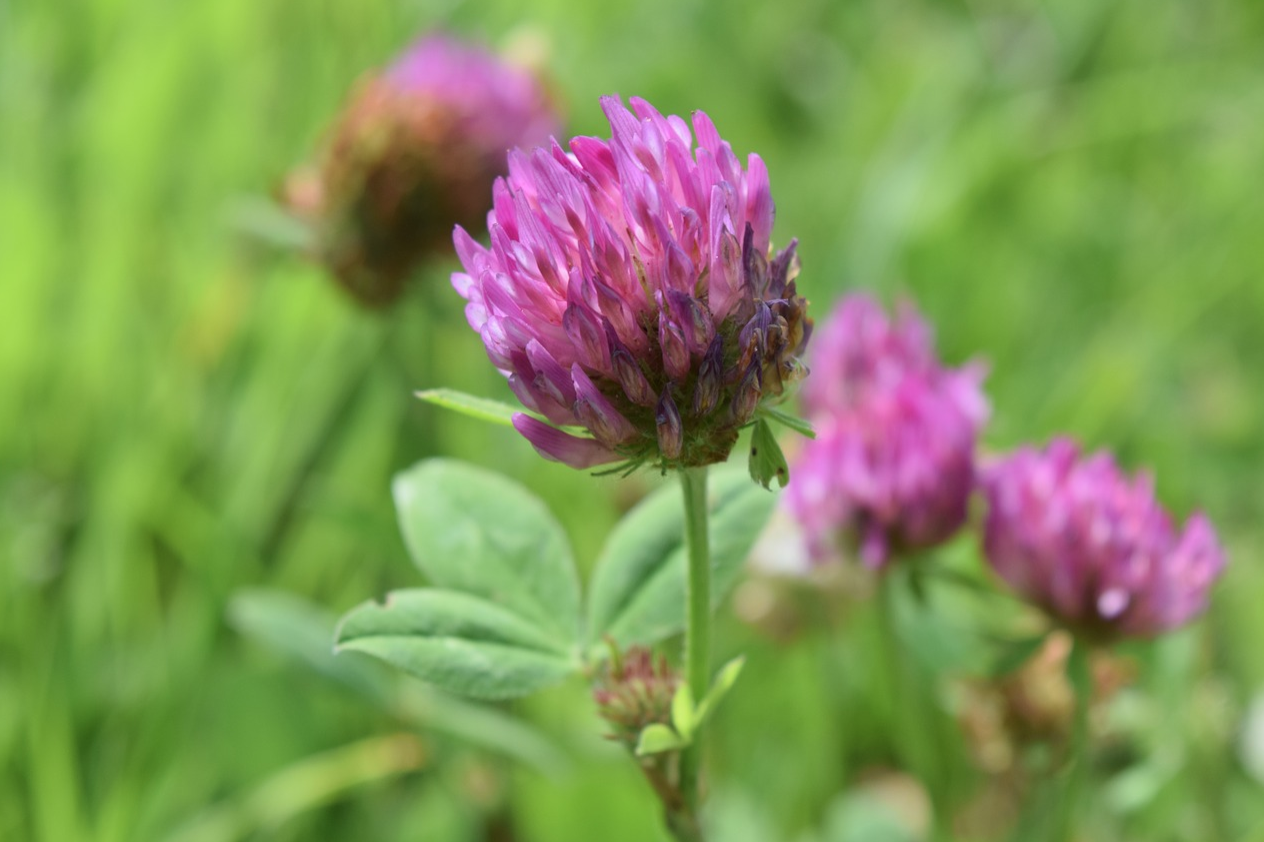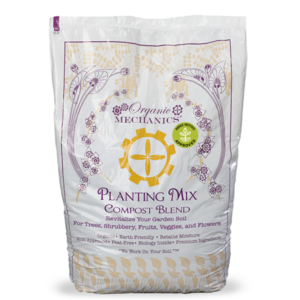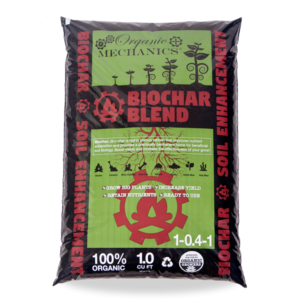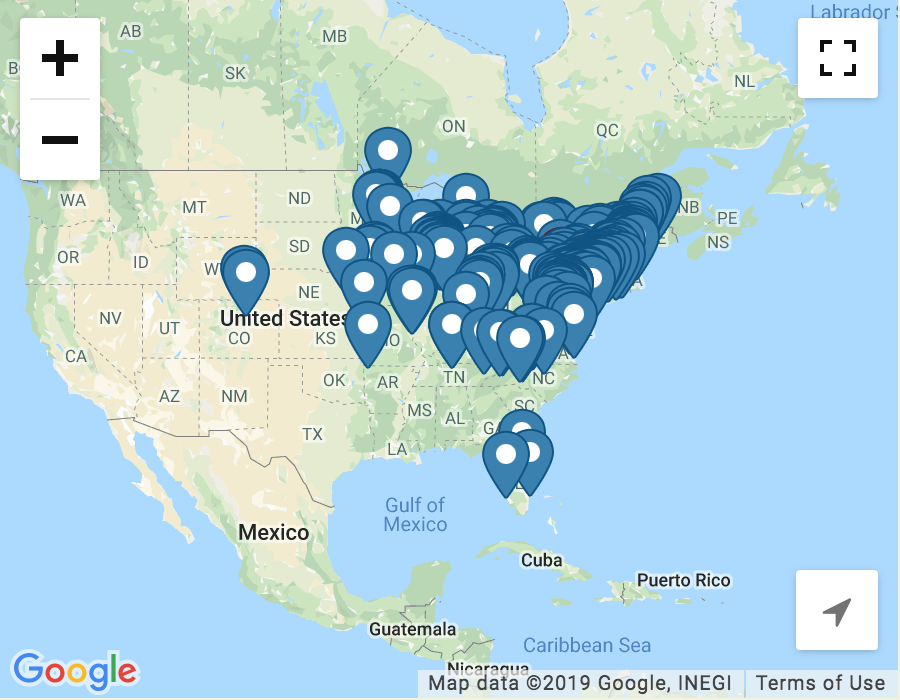Whether you’re tucking your garden beds in for their long winter nap or getting them ready for a season of cool-weather gardening, there are a few steps for you to take to ensure maximum productivity now or in spring.
When temperatures start dropping, it’s time to clear clutter, tidy up what is left, store the things you won’t need until spring, refresh the soil, and make sure that everything is ready to go when the right time comes, whether that’s now or . later.
Remember: More effort in the fall means less work during next year’s spring frenzy! Here’s what to do.
Remove Dead Plants, Weeds, and Diseased Leaves
You don’t need to cut back all of your perennials right now and you don’t need to remove every single leaf from your garden. In fact, please don’t, because leaving some plants standing for the winter and leaves in the garden will insulate the garden and provide winter food and cover for wildlife.
There’s an exception to that rule, though. Old vegetables, diseased leaves (from, say, an apple tree), heavy dead branches, weeds, and summer flowering annuals need to go. Anything that looks simply worn out can go in the compost pile. Anything diseased should go in the trash. You also want to rake leaves off the lawn, shred them (if possible) and compost them. Leaves make great compost! Don’t leave heavy, wet leaves sitting on the lawn because they can cause fungal diseases to thrive.
Refresh The Soil
Fall is also the perfect time to replenish the soil. We recommend applying Organic Mechanics Planting Mix Compost Blend, which will rejuvenate your garden soil by delivering a healthy dose of vital organic matter straight to the roots. The all-organic Planting Mix Compost Blend has been intentionally designed with compost, pine bark, coir, and worm castings to give your garden the advantage it needs. Use it at the start of the growing season to revitalize your soil and encourage abundant growth. As this organic soil amendment breaks down, more nutrients will become available to your plants.
Before the ground freezes is also an ideal time to add the Organic Mechanics Biochar Blend to help improve your spring yield and crop sizes. This organic soil enhancer contains compost and worm castings to add beneficial biology to the soil, alfalfa meal and kelp meal to add valuable nutrients, bone char for phosphorus and calcium, and the valuable minerals, zeolite and azomite to nourish plant roots. Adding biochar to the soil will also help the soil hold on to any nutrients delivered by the Planting Mix Compost Blend. Biochar is an “apply once, benefit forever” type of soil amendment. If you’ve never used it, you’ll be amazed at your results!
Plant Cover Crops – if you’re not planting a fall garden
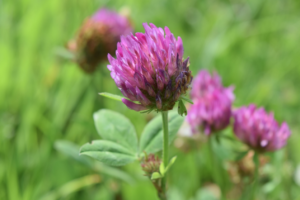
Planting a cover crop is simple to do and and highly beneficial for improving soil conditions. Winter rye, hairy vetch, peas, oats, and crimson clover are all excellent options that will conserve soil (keep it from washing away during the winter), keep weeds from taking over, and can be tilled back into the soil in the spring as a “green manure.” Scatter seeds evenly over your garden, cover with a light layer of soil, and water as needed — that’s all there is to it!
Mulch After The Ground Freezes
Mulching can protect plants from being heaved out of the ground during frequent freeze/thaw cycles. Mulch will also hold soil place during heavy winter rains, and as mulch decays, it will add beneficial nutrients to the soil and improve the soil structure. Use Organic Mechanics Organic Hardwood Bark Mulch, Organic Mechanics Planting Mix Compost Blend, or shredded leaves as mulch. Take care not to mound the mulch or heap it up against plant stems.
How to Grow a Winter Garden
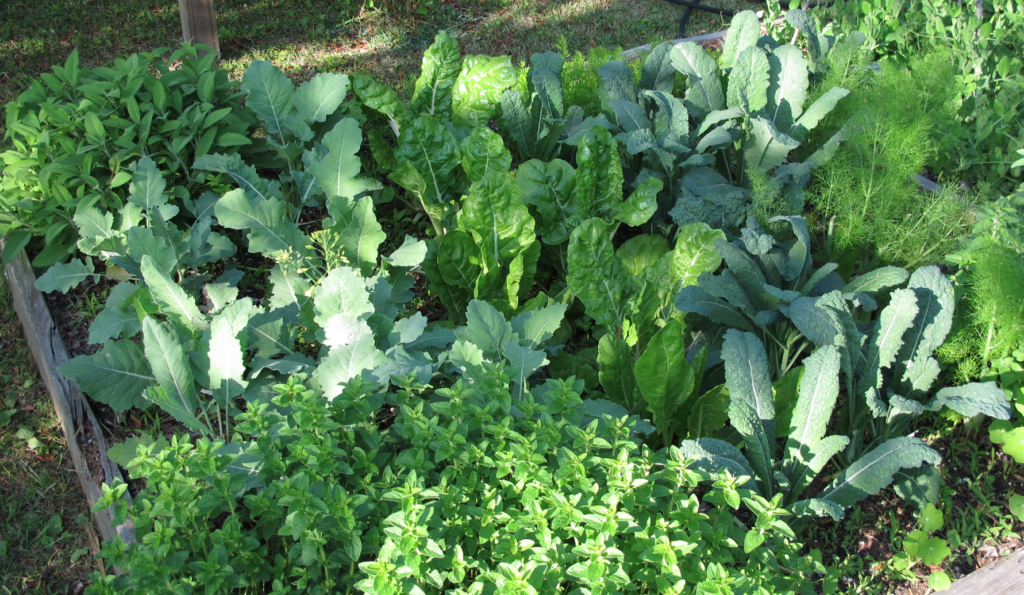
What if you live in a milder climate and want to enjoy your garden winter? Well, you can!
Take all of the steps outlined above to get your garden ready for the fall season. Then plant leeks, parsnips, carrots, Brussels sprouts, radishes, turnips, beets, broccoli, collards, Swiss chard, and other cool-season vegetables that will last throughout fall and early winter in zones 8 and higher with no protection. If you live in zone 7 or lower, you can extend your season with a cold frame or cover.
Some crops, like parsnips and Brussels sprouts, taste even better when allowed multiple touches of frost to mature.
Similarly, leafy greens such as collards and kale will become sweeter with a light frost. While lettuce can’t handle the heavy cold, cabbages, Swiss chard, and winter spinach are all capable of thriving in wintery conditions.
You’ll find you love gardening in the winter. You’ll need to water less and there are far fewer pests lurking around.
And, if you don’t plant a winter garden, if you follow these steps, your garden will hit the ground running in the spring!

